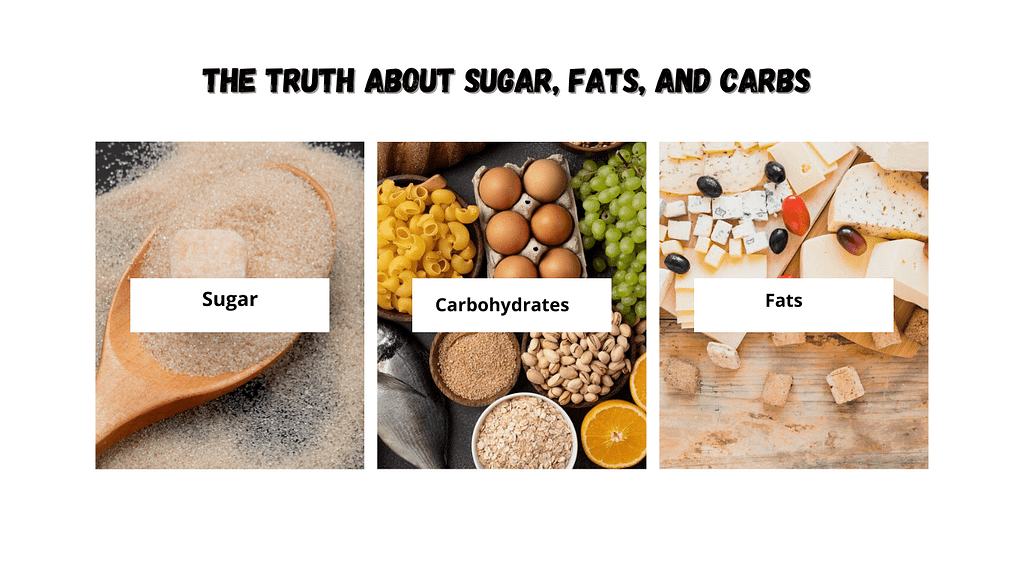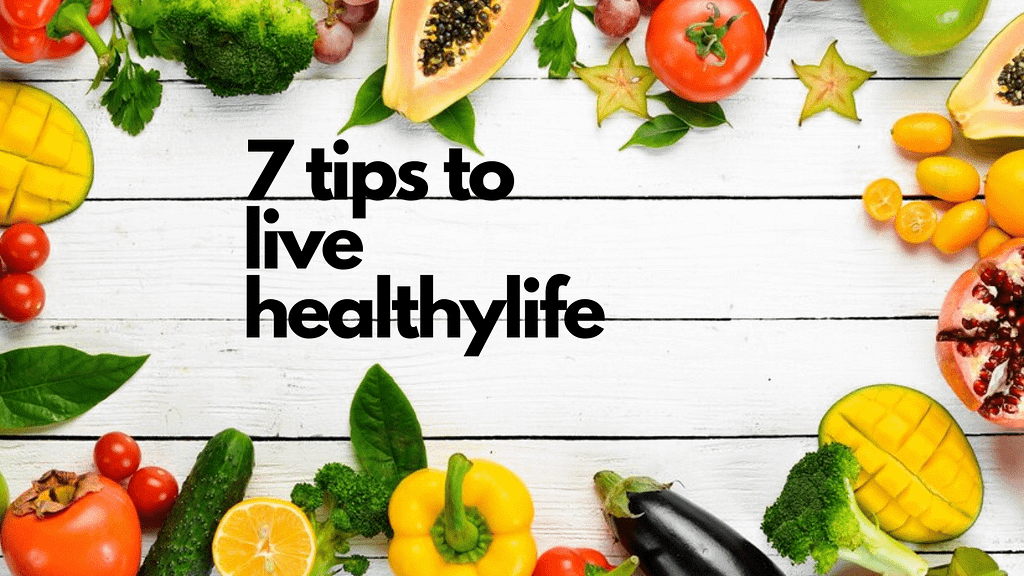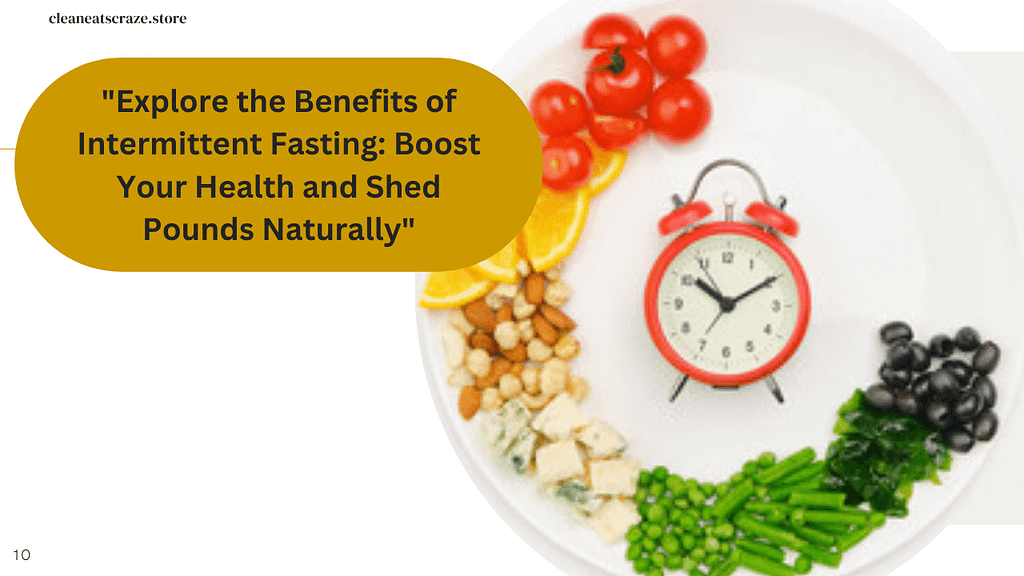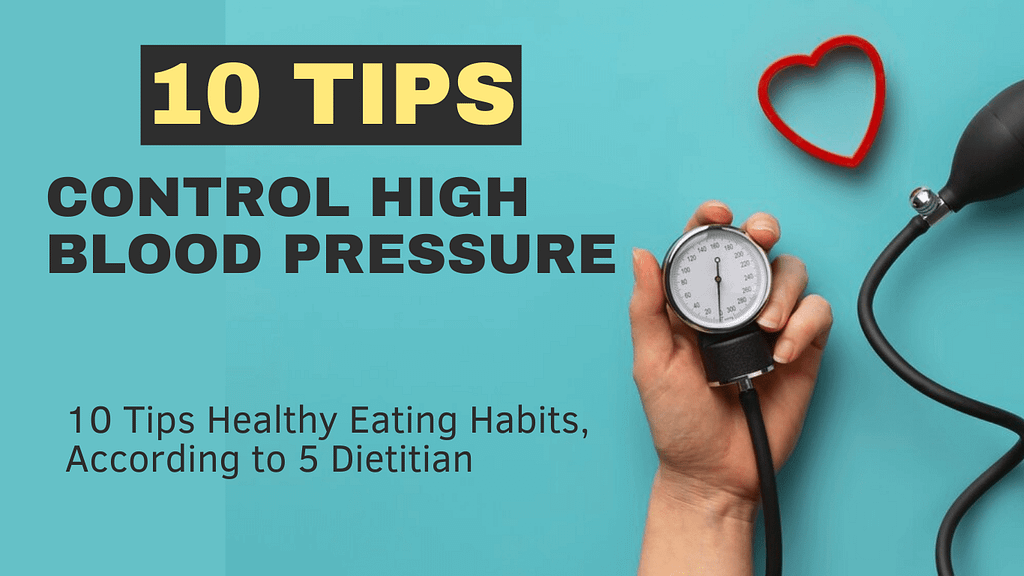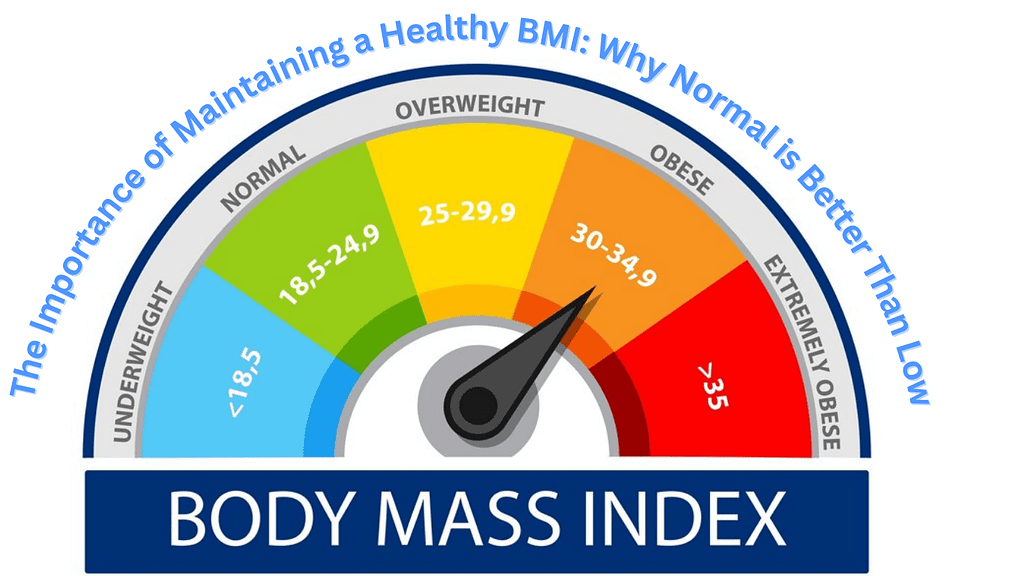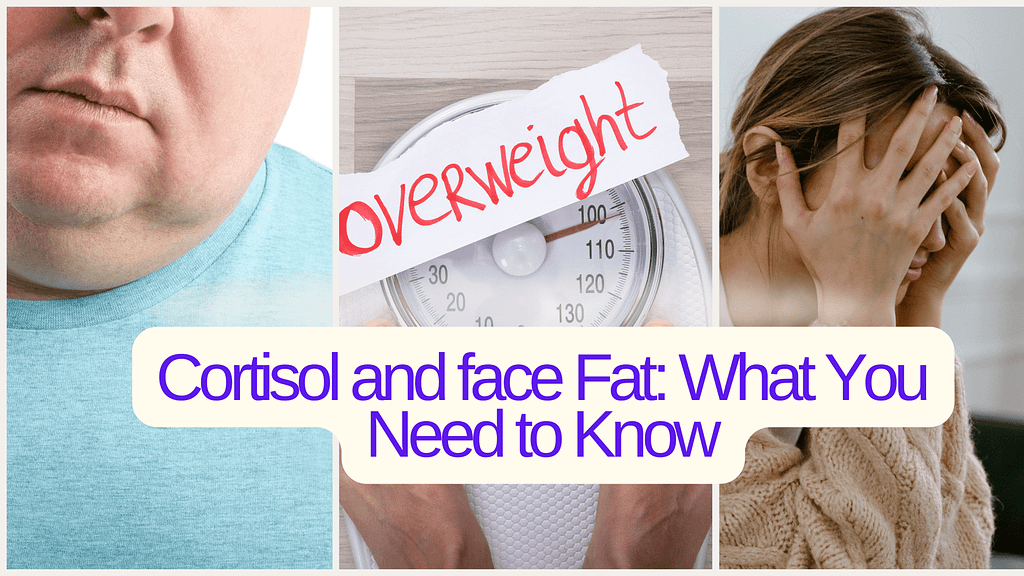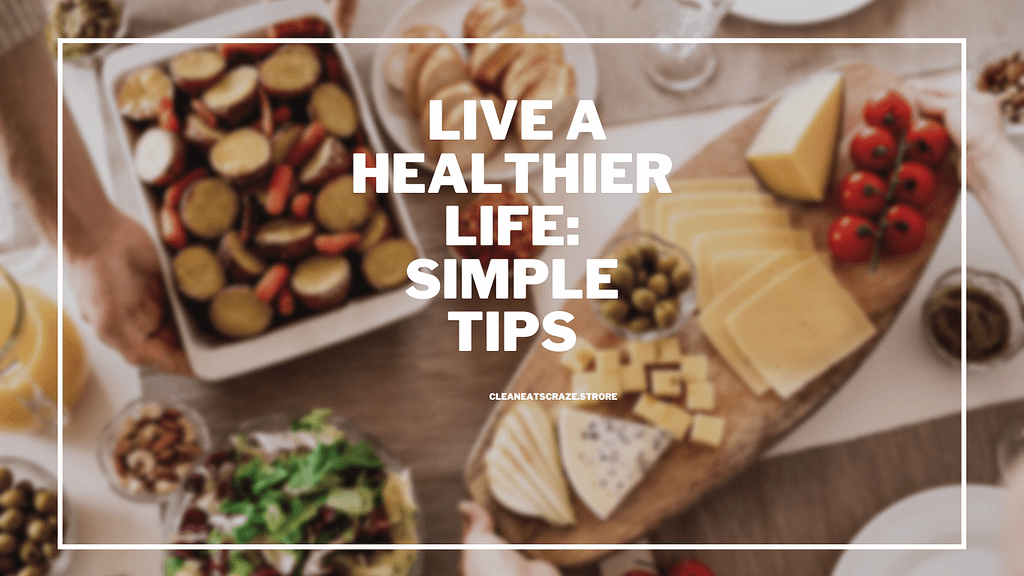The Truth About Sugar, Fats, and Carbs: Key Facts
Table of Contents
- Not All Sugars Are Created Equal: There are natural sugars found in fruits and dairy, and added sugars in processed foods. The latter contributes to health issues .
- Fats Are Essential for Health: Healthy fats like those from avocados, nuts, and olive oil are crucial for brain function and hormone production .
- Carbohydrates Are the Body’s Main Energy Source: Complex carbs found in whole grains and vegetables provide sustained energy, unlike simple carbs found in sweets and sodas .
- Moderation Is Key: Balance and portion control are vital in maintaining a healthy diet .
- Reading Labels Matters: Understanding food labels can help you make better dietary choices.
In the ever-evolving world of nutrition, sugar, fats, and carbohydrates often find themselves at the center of heated debates and conflicting advice. As a professional blogger with two decades of experience in the health and wellness industry, I’ve seen countless trends come and go, but the basic principles of nutrition remain unchanged. Let’s dive into the truth about these macronutrients and how they impact our health.
Firstly, let’s tackle sugar. It’s no secret that sugar has a bad reputation, and for good reason. The primary issue lies in added sugars, which are prevalent in processed foods and beverages. These sugars can lead to a host of health problems, including obesity, type 2 diabetes, and heart disease . However, not all sugars are harmful. Natural sugars found in fruits and dairy come with essential nutrients and are part of a balanced diet. The key is to limit added sugars and opt for whole, unprocessed foods whenever possible.

Moving on to fats, it’s important to understand that fats are not the enemy. In fact, they are essential for our bodies to function properly. Healthy fats, such as those found in avocados, nuts, seeds, and olive oil, play a crucial role in brain health, hormone production, and the absorption of fat-soluble vitamins . On the other hand, trans fats and excessive saturated fats, commonly found in fried foods and processed snacks, should be limited as they can raise cholesterol levels and increase the risk of heart disease . Embracing a diet rich in healthy fats while avoiding the harmful ones can significantly improve your overall well-being.

Carbohydrates, often demonized in various diet trends, are actually the body’s primary source of energy. However, the type of carbs you consume makes a huge difference. Complex carbohydrates, such as those found in whole grains, legumes, and vegetables, provide sustained energy and are packed with fiber, vitamins, and minerals. These foods help stabilize blood sugar levels and keep you feeling full longer. In contrast, simple carbohydrates, like those in sugary snacks and sodas, can cause rapid spikes and crashes in blood sugar, leading to energy slumps and cravings. Prioritizing complex carbs and reducing the intake of simple sugars is a smart strategy for maintaining stable energy levels and overall health.

It’s also crucial to understand that moderation is key when it comes to any nutrient. Extremes, whether in cutting out entire food groups or overindulging in certain ones, can lead to imbalances and health issues . A balanced diet that includes a variety of nutrients in appropriate portions is the best way to support your body’s needs. Listening to your body’s hunger and fullness cues, and practicing mindful eating, can help you achieve this balance naturally.
One of the most practical steps you can take towards better nutrition is learning to read food labels. Understanding what’s in the foods you eat allows you to make informed choices. Look out for added sugars, unhealthy fats, and empty carbs on ingredient lists. Opt for foods with simple, recognizable ingredients and avoid those with long lists of additives and preservatives.
In conclusion, the truth about sugar, fats, and carbs is that they all play vital roles in our diet, but the key lies in their quality and quantity. Natural sugars, healthy fats, and complex carbohydrates should be staples in your diet, while added sugars, trans fats, and simple carbs should be minimized. By focusing on whole, unprocessed foods and practicing moderation, you can enjoy a balanced diet that supports your health and well-being. Remember, nutrition isn’t about strict rules or deprivation; it’s about nourishing your body and finding a sustainable approach to healthy eating.
References
- Harvard T.H. Chan School of Public Health. (n.d.). The Nutrition Source: Sugary Drinks. Retrieved from https://www.hsph.harvard.edu/nutritionsource/healthy-drinks/sugary-drinks/
- American Heart Association. (n.d.). Added Sugars. Retrieved from https://www.heart.org/en/healthy-living/healthy-eating/eat-smart/sugar/added-sugars
- Mayo Clinic. (n.d.). Dietary fats: Know which types to choose. Retrieved from https://www.mayoclinic.org/healthy-lifestyle/nutrition-and-healthy-eating/in-depth/fat/art-20045550
- Harvard T.H. Chan School of Public Health. (n.d.). The Nutrition Source: Fats and Cholesterol. Retrieved from https://www.hsph.harvard.edu/nutritionsource/what-should-you-eat/fats-and-cholesterol/
- Harvard T.H. Chan School of Public Health. (n.d.). The Nutrition Source: Carbohydrates. Retrieved from https://www.hsph.harvard.edu/nutritionsource/carbohydrates/
- Academy of Nutrition and Dietetics. (n.d.). Healthy Eating: Simple Ways to Plan, Enjoy, and Stick to a Healthy Diet. Retrieved from https://www.eatright.org/food/nutrition/dietary-guidelines-and-myplate/healthy-eating
- U.S. Food and Drug Administration. (n.d.). How to Understand and Use the Nutrition Facts Label. Retrieved from https://www.fda.gov/food/nutrition-education-resources-materials/how-understand-and-use-nutrition-facts-label.

“In fact, it is sugar and simple carbohydrates that make us fat and give us heart disease and diabetes.”
— Joseph Conlon
- How to make ORS (Oral Rehydration Solution) at home 💧
- The Simple Flu Solution You Need to Boost Immunity and Recover Faster!
- Is Protein Coffee Good for Weight Loss or Muscle Gain?
- 10 Toxic Ingredients Found in Foods You Eat Every Day
- Gut Health in 2025: Why It’s the Key to Better Digestion, Mood, and Weight Loss
Eat Clean, Train Smart, Live Well
Location
2020 Lomita Blvd,
Torrance, CA 90101
United States
Pages
Proudly powered by WordPress






